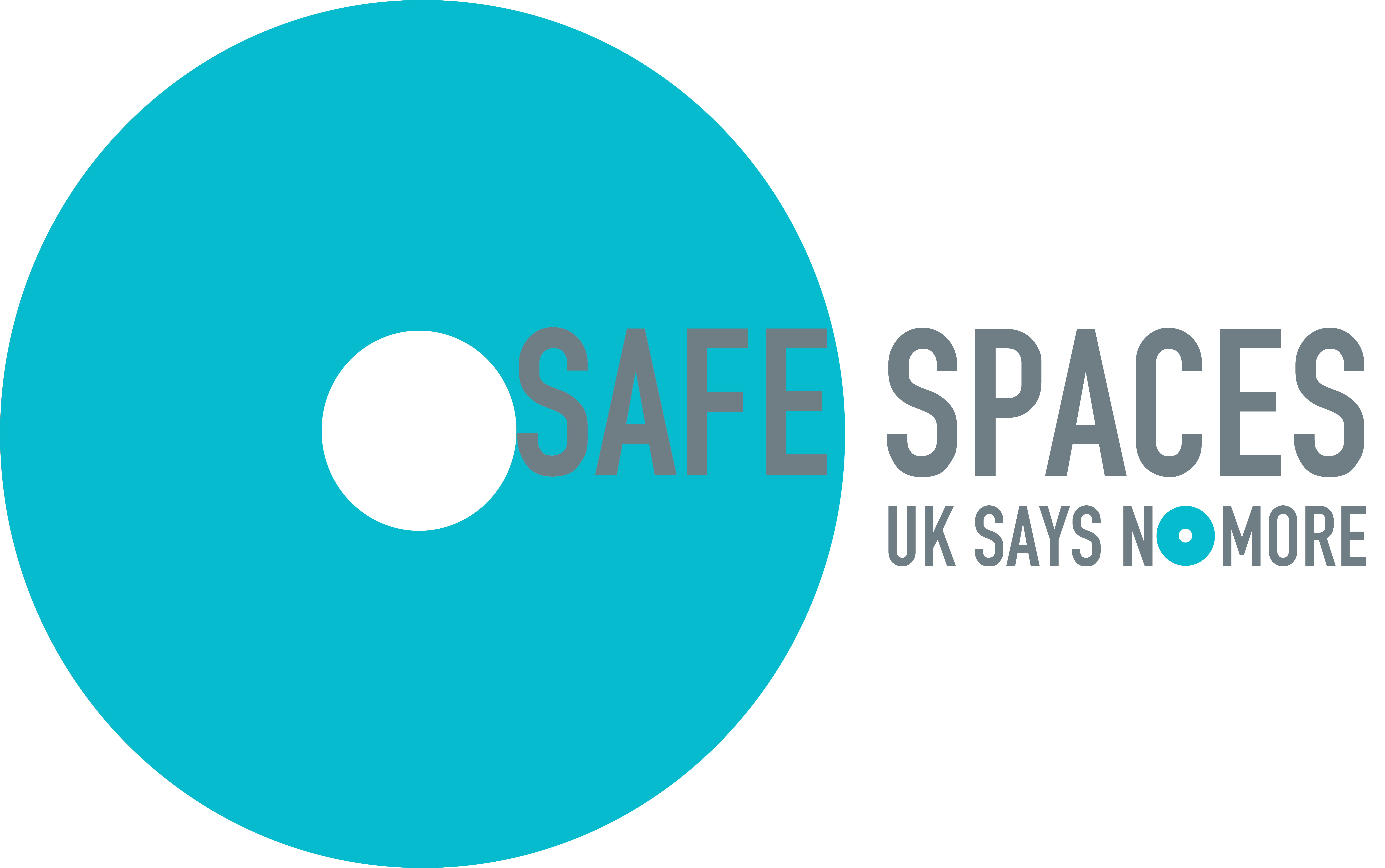Who pays for building safety work? Section 20 - FAQs
Network Homes has always stated that leaseholders having to cover the cost of building safety work is a last resort. We will continue to pursue other avenues of funding such as warranties, insurance policies, contractors, architects and the government's Building Safety Fund.
For us to charge anything to leaseholders through the service charge, we must follow the 'Section 20' process which is legislation that outlines how much can be charged, the challenge process etc. You can find out more information about the Section 20 consultation process below.
A Section 20 is the process of consultation we must go through when we need to carry out major work on your building which will cost more than £250 per resident, or a service which will cost more than £100 per year. This is a requirement under the Landlord and Tenant Act 1985 and the Service Charges (Consultation Requirements) (England) Regulations 2003.
The process has three parts:
Stage 1 - We give a written notice to each leaseholder and the recognised residents’ association (if there is one). The notice will:
- give a general description of the work we are planning
- say why the work is necessary
- inform you about whether you can nominate a contractor to provide an estimate (a nominated contractor); and
- give you 30 days to send any comments to us in writing.
Stage 2 - We give each leaseholder a written notice, which:
- includes at least two estimates for carrying out the work
- gives a summary of and our response to any comments we have received; and
- gives you 30 days to send us your written comments on the estimates.
Stage 3 - We will only give a stage 3 notice if:
- we (the landlord) have not selected the lowest estimate
- we have not selected a contractor proposed by a leaseholder or recognised Tenants' Association.
We will know the estimated cost after the project has been tendered (when companies have an opportunity to bid for the project and outline how much it will cost).
The cost each leaseholder will be charged will vary on your individual lease. We will only know how much each leaseholder’s estimate is after we have tendered the works and have a confirmed price. Most section 20 notices allow for associated works which may arise during the works, so it is possible that the estimate will vary from the final amount charged to each leaseholder.
We will carry out another round of consultation with leaseholders specifically about any estimated cost you will be expected to pay.
Under the terms of your lease, you agree to contribute towards work on the structure of your building, as part of your service charge.
Subject to leaseholder consultation, our intention is to tender this project to experienced contractors. We will ask contractors to submit proposals to us that will be judged partly on price and partly on the quality of their submission.
As part of the section 20 process you have the right as a leaseholder to nominate a contractor who will be able to tender for the works if the works or services are below the thresholds set out in the Official Journal of the European Community. Contractors nominated by leaseholders will however need to meet these minimum criteria:
- They must be accredited by Garland UK Ltd.
- They must be able to demonstrate they have delivered similarly designed projects which are of a similar value.
- They must have sufficient public liability insurance to cover a project of this size.
Your block may have a reserve fund (sometimes called a sinking fund) – a small portion of your service charge that goes into a fund to cover unexpected charges. Your block may or may not have a reserve fund and the amounts will be different for every block. The balance of the fund may be used to pay for some of the work. If the cost of the work exceeds the fund balance at the time the works are invoiced the difference will be charged to the leaseholders as per the terms of your lease.
Once the works are invoiced, we can accept payment over 12 monthly instalments, interest free. We are currently looking at extending the terms we can accept repayment – we will let you know if anything is agreed.
We will continue to do all we can to access funding for essential safety work to your building. But legally we may be obliged to require leaseholders to pay towards the costs of this work which we know might be substantially more than their usual annual service charge.
To help support leaseholders and shared owners stay in their homes and manage their payments, we have obtained a licence from the Financial Conduct Authority (FCA) to enable us to offer an interest free credit option arrangement to those affected.
Get in touch with us
If you've still got a question, you can contact our leasehold team on leasehold.services@networkhomes.org.uk or fill out our form.
More information
-
 The latest on cladding and building safety from the government
The latest on cladding and building safety from the governmentFind out what the government has said recently on cladding and how it is affected by coronavirus.
The latest on cladding -
 My building - FRAs, documents and newsletters
My building - FRAs, documents and newslettersView your building's fire risk assessment (FRA) and other documents , including fire evacuation strategy, building safety and estate updates.
My block documents (FRAs) -
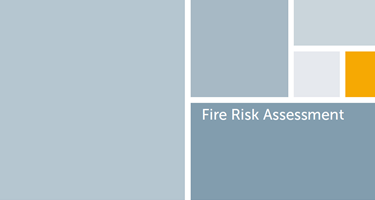 Fire Risk Assessments - FAQs
Fire Risk Assessments - FAQsNot sure what an FRA is? Find out here.
Fire Risk Assessments - FAQs -
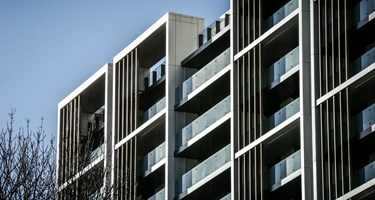 Cladding - FAQs
Cladding - FAQsGet the answers to all your questions about cladding on your building.
Cladding - FAQs -
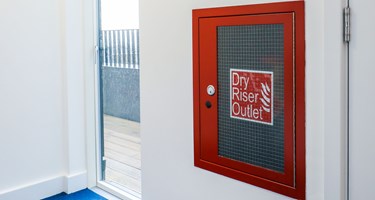 Fire safety tips
Fire safety tipsDo you know how to test your smoke alarm or top tips to prevent a fire?
Find out here -
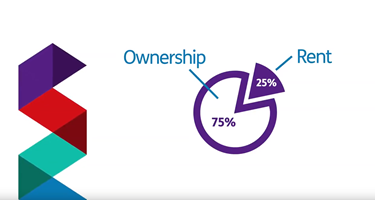 Selling, staircasing and remortgaging - FAQs
Selling, staircasing and remortgaging - FAQsAll the answers for shared owners and leaseholders on the situation at your building.
Selling, Staircasing and remortgaging - FAQs -
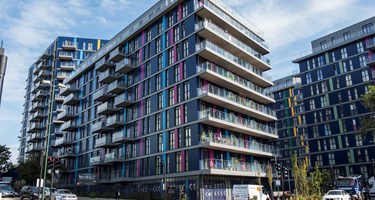 EWS1 forms - FAQS
EWS1 forms - FAQSSee when an EWS1 form is required and how the form came about.
EWS1 forms -
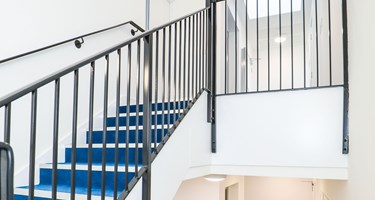 Vulnerabilities - help to evacuate
Vulnerabilities - help to evacuateIf you live in a block with a waking watch and think you or a member of your household needs help to evacuate, let us know.
Vulnerabilities -
 Resources for residents
Resources for residentsInformation on organisations who may be able to offer you independent advice.
Resources for residents -
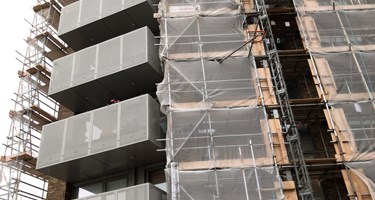 Support with building safety work costs
Support with building safety work costsFind out about applications for interest free loans to help pay for building safety remedial work.
Support with building safety work costs -
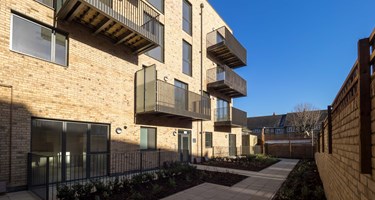 Buildings below 18 metres
Buildings below 18 metresWhat does it mean if you live in a mid or low rise building?
Buildings below 18 metres

